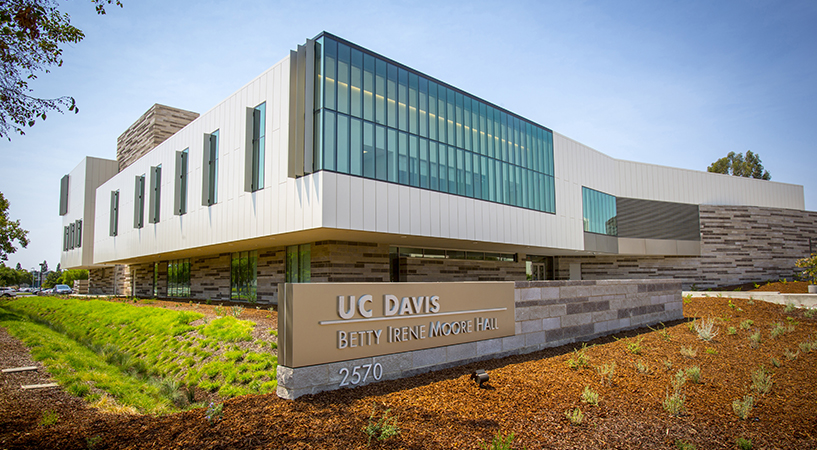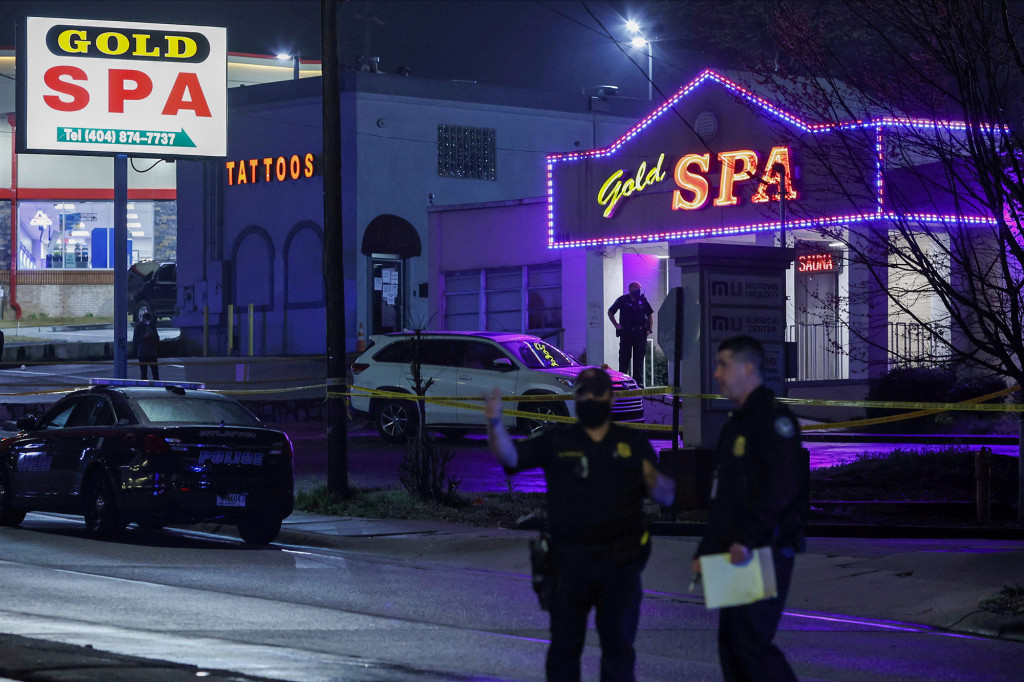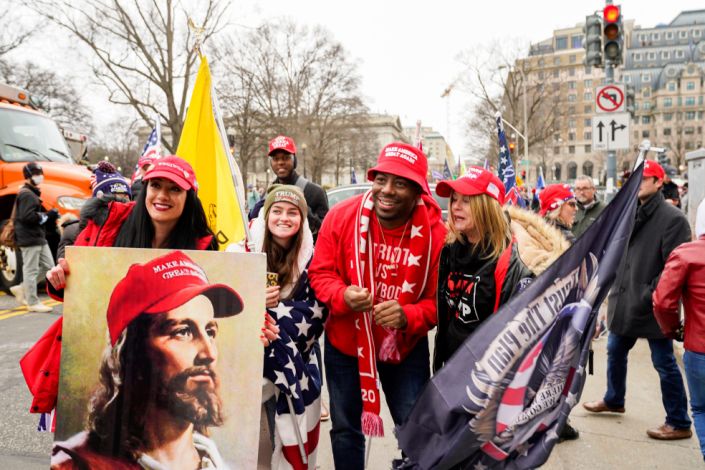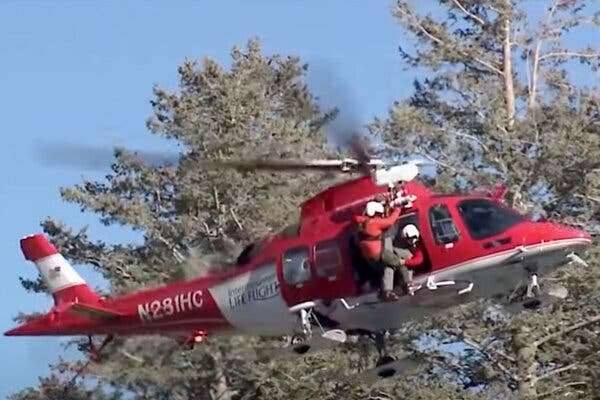The coronavirus test centre on A Street was bustling on a recent morning. Michael Duey was in line, as usual, with his teenage son. Margery Hayes waited for her wife in the parking lot. Dr Elizabeth Pham hustled her children in for a quick pit stop.
Inside, each received a five-minute screening for the virus, administered and paid for by the University of California, Davis. Yet none of them are associates with the school.
All last fall, universities across the country were accused of enabling the pandemic’s spread by bringing back students who then endangered residents, mingling with them in bars, stores and apartments. So U.C. Davis is trying something different.
Public health experts say the initiative is the most ambitious program of its type and could be a model for other universities. U.C. Davis has made free coronavirus tests — twice weekly, with overnight results — available to all 69,500 people in the city of Davis and hundreds of nonresidents who work there.
It has also trained dozens of graduate students to help with contact tracing; recruited hotel and apartment owners to provide free isolation and quarantine housing to anyone in town exposed to the virus; and hired some 275 undergraduate ambassadors to combat health disinformation and hand out free masks.
The university has also recently expanded campus wastewater testing into Davis. It plans to administer vaccinations at its coronavirus screening centres and bring screening to some public school sites in the coming weeks.




